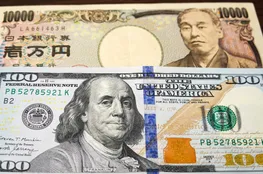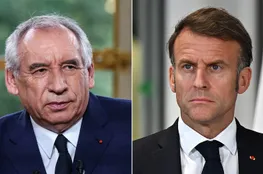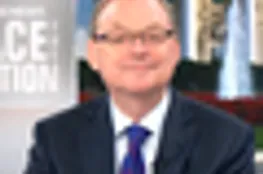The United States and China have announced ‘substantial progress’ achieved during trade talks held in Geneva, Switzerland, signaling a potential de-escalation of tensions sparked by ongoing trade disputes. Following a weekend of intensive, closed-door discussions at the residence of the Swiss ambassador to the United Nations, both nations have expressed optimism regarding the outcomes. US Treasury Secretary Scott Bessem reported significant advancements between the two countries, stating, "I’m happy to report that we’ve made substantial progress between the United States and China in the very important trade talks." Trade Representative Jaymie Greer, also involved in the negotiations with Chinese Vice Premier He Lifeng, echoed this sentiment, noting that the differences between the sides were "not so large as maybe thought." Greer lauded the talks as "important progress" and described the atmosphere as candid, in-depth, and substantive, a sentiment mirrored by the US delegation. Both the US and China have confirmed their intention to release a joint statement on the talks on Monday, reflecting a desire for a formal declaration of the achieved progress. Donald Trump, via his social media platform Truth Social, initially characterized the discussions as "very good," labeling them a "total reset negotiated in a friendly, but constructive, manner." Beijing’s initial response was limited to a Saturday statement from Xinhua, which described the talks as "an important step in promoting the resolution of the issue." The Chinese delegation was expected to provide further commentary on Sunday evening. These meetings represented the first face-to-face discussions between senior officials from the world’s two largest economies concerning trade since President Trump implemented steep new tariffs on China last month, triggering a retaliatory response from Beijing. Economist Nathan Sheets of Citigroup emphasized the detrimental nature of the current situation, stating, "The talks reflect that the current state of the trade relations with these extremely high tariffs is ultimately in the interests of neither the United States nor China," describing the tariffs as a "lose-lose proposition." The tariffs, totaling 145 percent and reaching 245 percent in cumulative US duties on some Chinese goods, were enacted by Trump starting at the beginning of the year. China’s retaliatory tariffs reached 125 percent. Prior to the meeting, Trump hinted at a potential reduction in tariffs, suggesting an "80% Tariff on China seems right!" However, his press secretary, Karoline Leavitt, clarified that the US would not lower tariffs unilaterally, contingent on China’s concessions. Both sides approached the negotiations with tempered expectations, focusing on de-escalation rather than a comprehensive trade deal, and demanding that the other side reduce tariffs first. Economist Gary Hufbauer of the Peterson Institute for International Economics commented positively on the talks, stating, "The fact that the talks are even happening ‘is good news for business, and for the financial markets.’" However, he cautioned skepticism, noting, "I was ‘very sceptical that there will be any return to something like normal US-China trade relations.’" Even a tariff reduction to 70 to 80 percent could still halve bilateral trade. Some US officials, including Bessem and Commerce Secretary Howard Lutnick, recognize China’s greater capacity to navigate this trade war.
The Geneva meeting follows Trump’s announcement of a trade agreement with the United Kingdom on Thursday, the first deal with any country since the implementation of these global tariffs, though the agreement maintains a 10-percent baseline levy on most British goods. Analysts have expressed pessimism about the likelihood of significant changes in the US-China trade relationship following this announcement. Trump, in a Truth Social post, declared, "GREAT PROGRESS!! ‘We want to see, for the good of both China and the U.S., an opening up of China to American business.’”
























